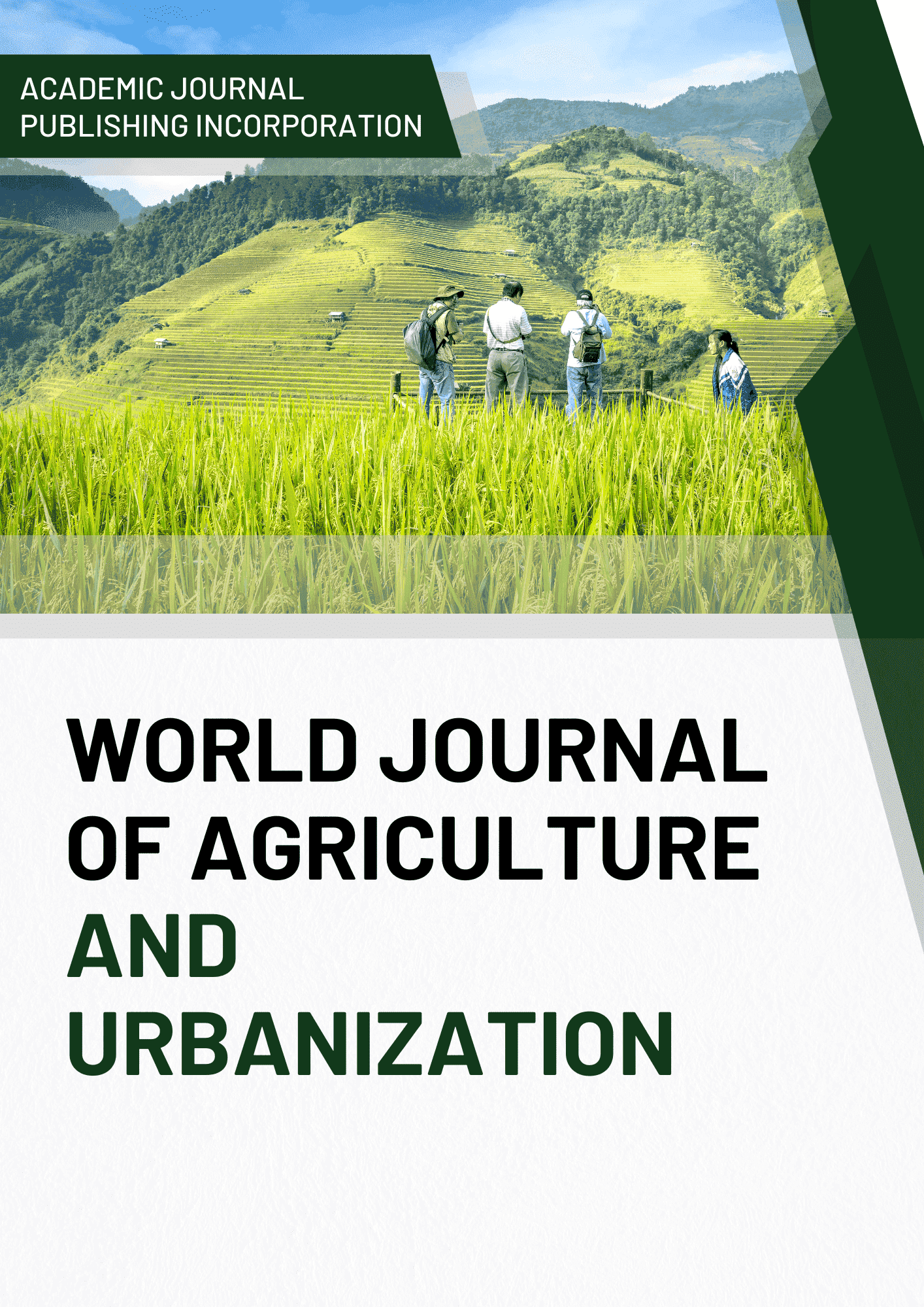Municipal Water and Wastewater Sector in Georgia
DOI:
https://doi.org/10.51699/wjau.v2i12.126Keywords:
waste water, pollution, artificial reservoirs, treatmentAbstract
This paper presents the background analyses for the Georgia. The world’s eight billion people create a lot of wastewaters — another word for sewage — enough that the natural water purification process is insufficient on its own to remove the harmful chemicals that cause disease in not just people but flora, fish and wildlife [5].
Wastewater treatment removes contaminants and suspended solids from wastewater; this treated, water can then be dispatched back into the ecosystem free from man-made contaminants. Untreated wastewater poses significant health risks, accounting for 1.7 million deaths annually —over 90 percent of those in developing nations [1].
References
World Water Assessment Programme (UNESCO,WWAP), https://www.unesco.org/new/en/natural-sciences/environment/water/wwap/wwdr/, Accessed March 10, 2020.
Government of Georgia. 2014. Socio-Economic Development Strategy of Georgia (Georgia 2020).
Government of Georgia. 2018. Regional Development Program of Georgia 2018–2021. Tbilisi.
ADB. 2010. Technical Assistance to Georgia for Developing an Urban Water Supply and Sanitation Sector Strategy and Regulatory Framework. Manila
European Environment Agency (2020), Water availability, surface water quality and water use in Eastern Partnership countries: An indicator-based assessment, https://www.eea.europa.eu/publications/regional-water-report.
European Union (2014), “Association agreement between the European Union and the European Atomic Energy Community and their Member S tates, of the one part, and Georgia, of the other part”, Official Journal of the European Union I. 261/4, https://eur-lex.europa.eu/legal-content/en/TXT/PDF/?uri=CELEX:22014A0830(02).
GeoStat (2020), Natural resources of Georgia and Environmental Protection 2019, https://www.geostat.ge/media/35351/Natural_resources_of_Georgia_and_environmental_protection_2019.pdf.
Sustainable Water Supply and Sanitation Sector Development Program: Report and Recommendation of the President Reports and Recommendations of the President | September 2020 Sustainable Water Supply and Sanitation Sector Development Program: Report and Recommendation of the President | Asian Development Bank (adb.org)
Downloads
Published
How to Cite
Issue
Section
License

This work is licensed under a Creative Commons Attribution 4.0 International License.
The work simultaneously licensed under a Creative Commons Attribution 4.0 International License
You are free to:
- Share — copy and redistribute the material in any medium or format
- Adapt — remix, transform, and build upon the material for any purpose, even commercially.
The licensor cannot revoke these freedoms as long as you follow the license terms.
Under the following terms:
-
Attribution — You must give appropriate credit, provide a link to the license, and indicate if changes were made. You may do so in any reasonable manner, but not in any way that suggests the licensor endorses you or your use.
- No additional restrictions — You may not apply legal terms or technological measures that legally restrict others from doing anything the license permits.








